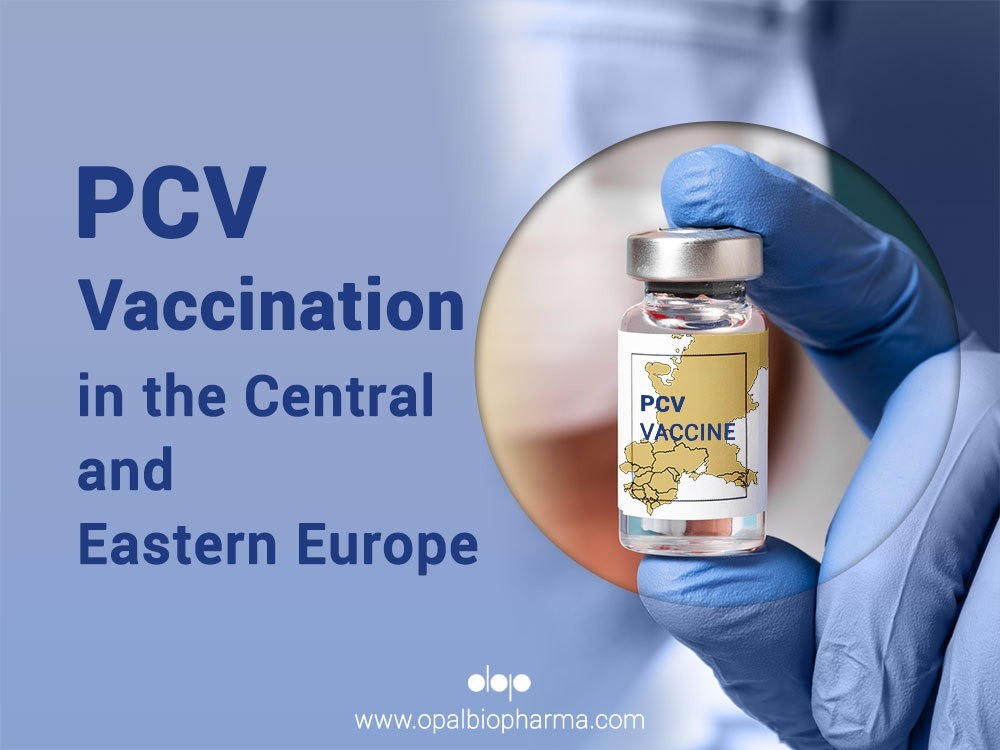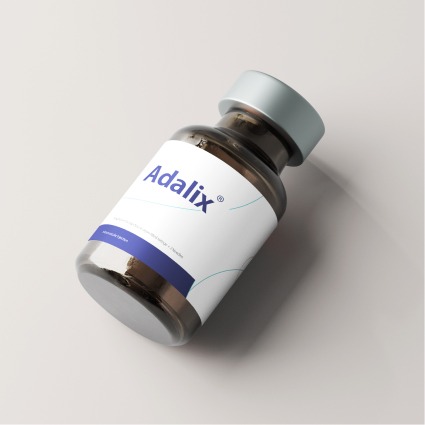Introduction
In the realm of public health, vaccinations play a pivotal role in mitigating the spread of infectious diseases and fostering community immunity. The Pneumococcal Conjugate Vaccine (PCV) is one such vaccination aimed at curtailing the incidence of pneumococcal diseases. Central and Eastern Europe, with its diverse demographic and varying healthcare infrastructures, presents a unique tableau for examining the outreach, acceptance, and impact of PCV vaccination. This article delves into the nuances of PCV Vaccination in Central and Eastern Europe, shedding light on the latest advancements, achievements, and the overarching health scenario pertaining to PCV vaccination in these regions. The narrative also extends to the broader implications of the future of diseases within these territories, benchmarked against the backdrop of global health objectives. As the discourse on PCV vaccination transcends national boundaries, the collaboration among countries in Central and Eastern Europe is crucial for harnessing the benefits of PCV vaccination on a broader scale. Through a meticulous exploration of the current health situation and the future trajectory of diseases with and without PCV vaccination, this article aims to provide a comprehensive insight into the topic.
Current Status of PCV Vaccination in Central and Eastern Europe
The current status of PCV Vaccination in Central and Eastern Europe reflects a multi-faceted scenario encompassing vaccine availability, accessibility, and acceptance. Recent data indicate an upward trajectory in vaccination rates, albeit with significant disparities across different countries. The political, economic, and social dynamics in these regions significantly impact vaccination outreach and acceptance, rendering a complex landscape for PCV vaccination efforts.
Vaccine Availability
Vaccine availability is a pivotal factor influencing the PCV vaccination rates in Central and Eastern Europe. Various countries in these regions have embarked on initiatives to ensure a steady supply of vaccines, addressing the logistical challenges inherent in vaccine distribution.
Vaccine Accessibility
Accessibility to vaccines is another critical aspect, hinging on the healthcare infrastructure, awareness campaigns, and public health policies in place. Ensuring easy access to PCV vaccination is imperative for enhancing vaccination rates and fostering community immunity.
Vaccine Acceptance
Vaccine acceptance is intertwined with cultural, social, and educational facets of society. Overcoming vaccine hesitancy and fostering an informed community are essential for achieving higher vaccination rates.
Latest Advancements and Achievements
The domain of PCV vaccination has not remained static, with several advancements enhancing its efficiency and outreach. In Central and Eastern Europe, these advancements are crucial for combating pneumococcal diseases effectively.
Vaccine Development
The evolution of PCV vaccines has seen a trend towards broadening the spectrum of protection against various serotypes of pneumococcal bacteria. The introduction of higher-valent vaccines represents a significant step in bolstering the fight against pneumococcal diseases.
International Collaborations
International collaborations have been instrumental in fostering an environment conducive to enhanced PCV vaccination uptake. These partnerships often facilitate the exchange of knowledge, resources, and technical expertise, significantly benefiting the countries in Central and Eastern Europe.
Technological Innovations
Technological innovations have played a key role in improving the distribution and administration of PCV vaccines. Enhanced cold-chain logistics, digital tracking systems, and online vaccination registries are some of the advancements that have streamlined the vaccination process.
Advantages of PCV Vaccination
The merits of PCV vaccination extend beyond individual protection, encompassing broader societal and economic benefits.
Individual Protection
PCV vaccination significantly reduces the risk of severe pneumococcal diseases, providing a shield of protection for individuals, especially vulnerable populations like children and the elderly.
Community Immunity
Community immunity, also known as herd immunity, is bolstered by higher PCV vaccination rates. This form of collective protection is crucial for minimizing the spread of pneumococcal diseases within communities.
Economic Implications
By preventing severe cases of pneumococcal diseases, PCV vaccination alleviates the economic burden on healthcare systems. The resultant cost-savings contribute to the overall economic well-being of the countries in Central and Eastern Europe.
Future of Diseases with and Without PCV Vaccination in Central and Eastern Europe
The trajectory of pneumococcal diseases in these regions is closely tied to the PCV vaccination scenario.
Disease Burden
The burden of pneumococcal diseases could be substantially mitigated with higher PCV vaccination rates. Conversely, a lack of adequate vaccination coverage may exacerbate the disease burden, straining healthcare resources.
Public Health Outcomes
The PCV vaccination rates significantly influence public health outcomes in Central and Eastern Europe. Higher vaccination rates correlate with better public health indicators, underscoring the importance of sustained vaccination efforts.
Global Health Objectives
The global health objectives concerning pneumococcal diseases necessitate a robust PCV vaccination framework. Central and Eastern Europe’s alignment with these objectives is imperative for achieving broader public health goals.
Current Health Situation Related to PCV Vaccination
The current health situation encapsulates the ongoing efforts and challenges in enhancing PCV vaccination rates in Central and Eastern Europe.
Vaccination Campaigns
Various vaccination campaigns aim to raise awareness and improve the acceptance of PCV vaccination. These campaigns often leverage multiple channels to reach a wider audience, including social media, community outreach, and healthcare provider education.
Policy Framework
The policy framework surrounding PCV vaccination is a critical determinant of its acceptance and uptake. Policies that foster easy access to vaccination and provide adequate information are essential for improving vaccination rates.
As the discussion transitions towards the concluding sections of the article, it’s essential to acknowledge the efforts of entities like Opal Bio Pharma (OBP) in promoting biosimilar vaccines and treatment methods. As the first biopharmaceutical company in Oman, OBP endeavors to supply Central and Eastern Europe, among other regions, with essential vaccines and medicines, aiming to raise the flag of Oman among the medical industry leaders. The role of such entities is indispensable in the broader narrative of PCV vaccination in Central and Eastern Europe and the global fight against pneumococcal diseases.
Summary
In summary, PCV Vaccination in Central and Eastern Europe is a multifaceted topic, encompassing various dimensions from vaccine development to international collaborations. The future of pneumococcal diseases in these regions hinges significantly on the success of PCV vaccination programs, aligning with broader global health objectives. The discourse around PCV vaccination in Central and Eastern Europe is a testament to the collective efforts of governments, healthcare providers, and the community at large in fostering a healthier society.

